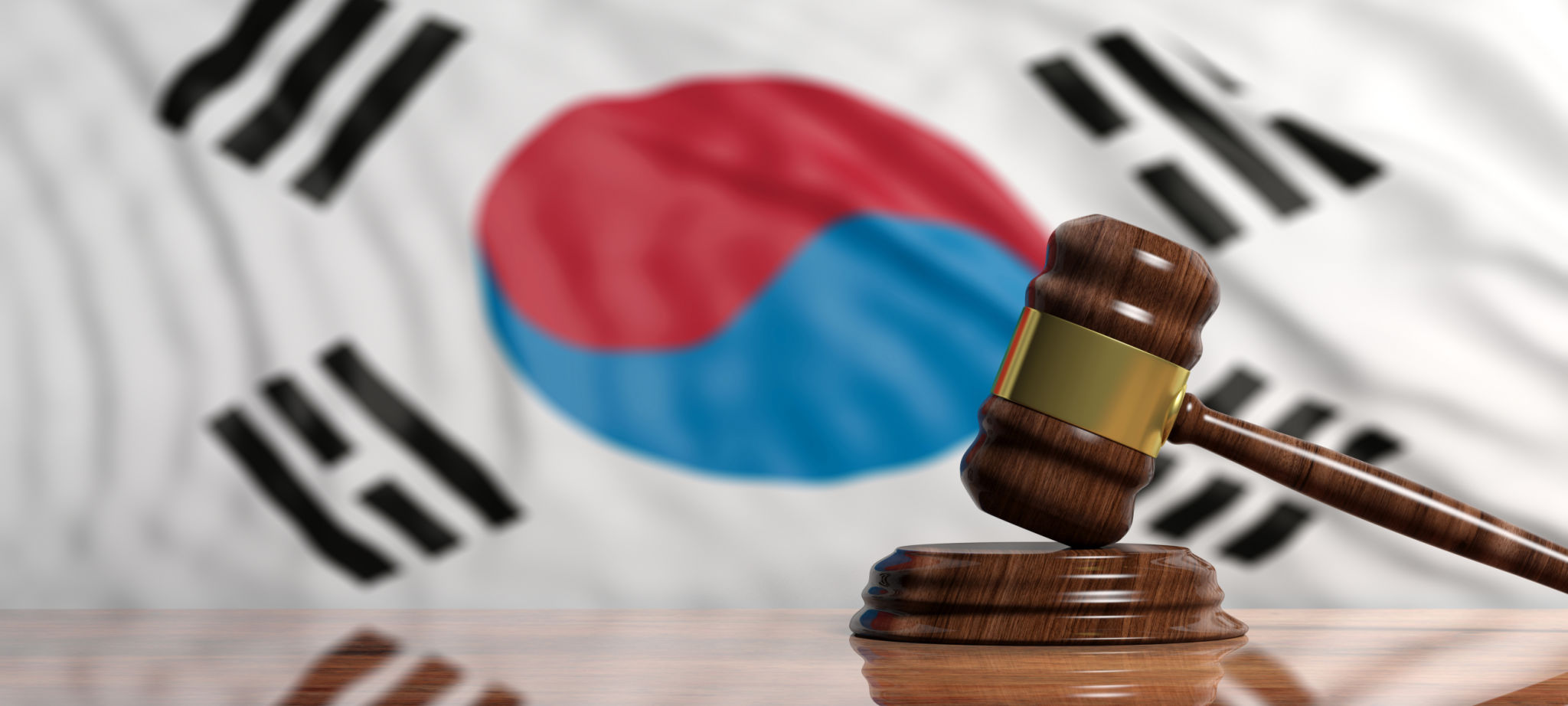Understanding the regulatory landscape in South Korea
What Australian businesses need to know before entering one of Asia’s most dynamic markets.
When Australian businesses consider expanding into Asia, South Korea often emerges as a strategic and attractive option. With a population of over 51 million and a GDP exceeding USD $1.7 trillion, Korea is Australia’s fourth-largest two-way trading partner. However, while the opportunity is clear, the path to success is not without complexity.
For Australian firms, one of the biggest early hurdles is understanding South Korea’s regulatory environment. Known for being both highly developed and rigorously enforced, Korea’s regulatory framework can be highly daunting for businesses unfamiliar with the local laws, standards and expectations.

Why Understanding the Regulations Matters
South Korea’s regulatory landscape is shaped by its focus on consumer protection, market stability and sustainable growth. This means high compliance standards across sectors like healthcare, technology, cosmetics, food & beverage, and finance. Regulations often reflect both domestic policy goals and international trade expectations, which can sometimes change rapidly.
As the Asialink's 2025 report notes, “despite its open economy, South Korea maintains non-tariff barriers and complex procedures that can pose challenges for international entrants.” For Australian firms, this underscores the importance of preparation, adaptation and cultural understanding.
Key Regulatory Areas for Australian Firms
Here are some of the most relevant regulatory categories Australian companies should be familiar with before entering the Korean market:
1. Trade and Customs Regulations:
While the Korea-Australia Free Trade Agreement (KAFTA) has significantly lowered tariffs for many products, businesses must still comply with Korea’s detailed customs regulations. Misclassification of goods, incorrect labelling, or improper documentation can lead to costly delays or penalties.
**Tip: Work with bilingual trade specialists or customs brokers who understand the Harmonised System (HS) codes and local processes.
2. Product Labelling and Standards:
Product labelling in Korea is strict and sector-specific. The use of Korean language on packaging is mandatory for most consumer products, particularly food and cosmetics. Any health claims or functional descriptions must be backed by approved scientific evidence and registered with relevant authorities.
For example, as of 2025, organic food products imported from Australia cannot use the Korean word for “organic” unless certified by a Korean authority, despite meeting Australian organic standards. This poses a major challenge for exporters of certified organic produce and calls for strategic labelling and marketing adjustments.
3. Intellectual Property Protection:
While South Korea has robust intellectual property (IP) laws, enforcement can be challenging, particularly for smaller foreign firms. Trademarks, patents and designs should be registered in Korea to receive legal protection.
Foreign companies should also be aware of the first-to-file rule, which grants rights to whoever registers an IP first, not necessarily who created it first. This means early registration is critical.
4. Employment and Labour Standards:
Hiring in Korea involves compliance with laws around contracts, working hours, severance pay and employment insurance. Even when hiring locally through a partner or distributor, it’s essential to understand your legal responsibilities as an employer.
Work culture in Korea also values hierarchy, loyalty and long-term employment, which influences how relationships are managed internally.
Leveraging Government and Legal Support
Australian businesses are not alone in navigating these complexities. Government agencies like Austrade, DFAT, and Export Finance Australia offer market research, introductions and funding support.
Australian firms should also consult with legal experts familiar with Korean commercial and trade law to remain current with changing rules.
A Shifting Landscape
Korea’s regulations are not static. The government regularly updates laws in response to consumer trends, environmental concerns and international agreements. For example, in response to growing demand for sustainability, new packaging standards and carbon reporting requirements are being introduced across FMCG and retail sectors.
To succeed in Korea, businesses must remain agile, monitor regulatory changes closely, and adapt their products and marketing accordingly.
The Role of The K Factor
At The K Factor, we help Australian businesses understand and adapt to Korea’s regulatory, cultural, and commercial environment.
To support you in the journey, we can provide:
- Market readiness audits to assess product and brand fit
- Label and compliance reviews in collaboration with local advisors
- Regulatory risk mapping across your supply chain
- Partner and distributor vetting based on compliance capability
- Ongoing support to monitor legal changes and adapt accordingly
With bilingual expertise and deep cross-cultural understanding, we act as your on-the-ground translator of not just language, but context.
Entering the Korean market is a valuable direction for many Australian businesses, but it requires a firm understanding of the rules. Regulation isn’t just red tape - it reflects the values, priorities and expectations of the current economy in Korea. The K Factor can help you understand them along the way.
Companies that take the time to understand this landscape will be better positioned to earn trust, avoid costly mistakes, and succeed in one of Asia’s most advanced and trend-forward markets.
Data sources:
Asialink Business. Doing Business in South Korea: A Guide for Australian Companies. 2025. View PDF
Department of Foreign Affairs and Trade (DFAT), 2024
Korea Customs Service, 2023
Korea Intellectual Property Office (KIPO), 2023
Austrade Export Guide to South Korea, 2024
Korea Consumer Agency Reports, 2023
